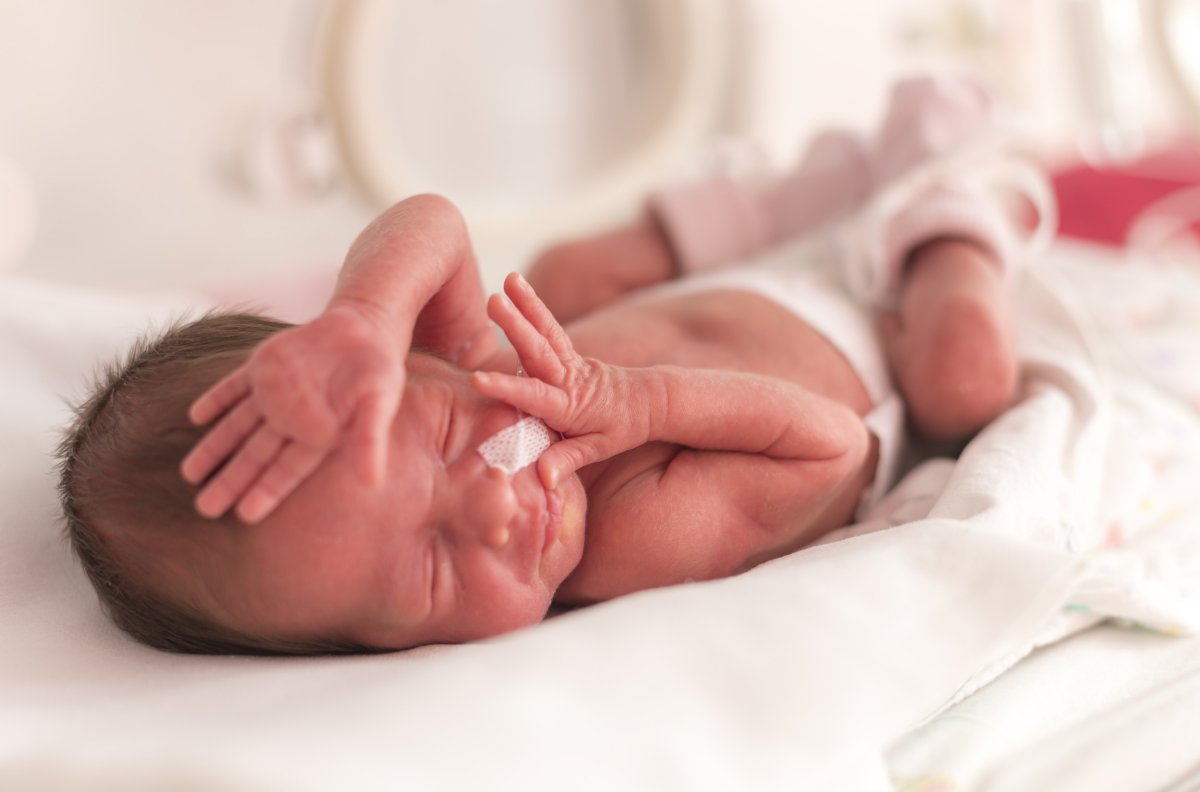A chemical found in baby products may be associated with premature birth, a new study by researchers at UC Davis has found.
Exposure during pregnancy to several organophosphate ester flame retardants, also known as OPEs, has been linked to birth before full term, with other OPEs being linked to higher birth weight, according to a new study in the journal Environmental Health Perspectives.
OPEs are found in a vast number of things, including furniture, baby products, electronics, textiles and building materials. They are flame retardants used to prevent fires, and also to make plastic products.
These chemicals were used increasingly from the mid-2000s as polybrominated flame retardants were phased out due to toxicity concerns, with OPEs taking their place.
However, OPEs degrade over time and become particulate, being found in dust, and therefore entering the body via skin or inhalation. OPEs are often found in urine from people across the U.S., leading the researchers at UC Davis to investigate if they have any effect on pregnant women and their babies.

"This is the largest study evaluating OPEs, and provides evidence of a link between exposure and preterm birth. The widespread use of products with new flame retardants among pregnant people in the U.S. means that a significant number of births could be affected by these compounds," Deborah Bennett, senior author of the study and a professor of environmental health at UC Davis, told Newsweek. "In fact, ECHO researchers learned that more than 85 percent of the study participants had three specific markers of OPE exposure in their bodies."
The researchers analyzed data from 6,646 mother-child pairs from across the U.S. in the Environmental Influences on Child Health Outcome (ECHO) study.
They measured nine OPE biomarkers in the urine of pregnant people between 2007 and 2020, with most of the samples being taken during the second and third trimester of the pregnancy. They also used the data on the birth outcomes of the child, including birth weight and gestational age, i.e. how premature the baby was.
They found that of the nine OPE markers, the presence of three of them in the urine was associated with an increased risk of premature birth, defined as being born before 37 weeks. These OPEs included the chemicals dibutyl phosphate, di-isobutyl phosphate, and bis(butoxyethyl) phosphate.
This association was especially pronounced for female infants.
Being born before full term can lead to several issues, with premature babies being more likely to have long-term health issues such as asthma and feeding problems, as well as delays in development. They are also at greater risk of sudden infant death syndrome.
"Preterm birth is a risk factors for neonatal mortality and chronic morbidity, increasing risks of neurodevelopmental delays and respiratory and gastrointestinal complications," Bennett said. "Other potential health outcomes from these compounds include impacts on neurodevelopment and early growth trajectories."
Some other OPEs were found to be associated with higher birth weights, which included bis(1-chloro-2-propyl) phosphate, bis(2-methylphenyl) phosphate, and dipropyl phosphate. High birth weight may increase the risk of childhood obesity.
"There were over 6,000 pregnancies included in this study, and with such a large study, we are very confident of our findings," Bennett said in a statement. "Policy options to reduce exposure to organophosphate ester flame retardants should be considered."

The researchers also noted that the effects of OPEs may arise due to them being endocrine (hormone) disruptors and causing inflammation and oxidative stress, which may lead to premature births. They hope to further investigate the effects of OPEs on the human body.
"We plan to look at other childhood outcomes for these ECHO children, including neurodevelopment and growth trajectories," Bennett said.
Do you have a tip on a science story that Newsweek should be covering? Do you have a question about OPEs? Let us know via science@newsweek.com.
Update 1/26/24, 11:30 a.m. ET: This article was updated with comment from Bennett.
Uncommon Knowledge
Newsweek is committed to challenging conventional wisdom and finding connections in the search for common ground.
Newsweek is committed to challenging conventional wisdom and finding connections in the search for common ground.
About the writer
Jess Thomson is a Newsweek Science Reporter based in London UK. Her focus is reporting on science, technology and healthcare. ... Read more
To read how Newsweek uses AI as a newsroom tool, Click here.






